Free shipping
Support available 9 am – 5 pm (Mon-Fri)
Secure Payments
Best price guarantee
PlanT!T Perlite For Planting
£10.00 – £38.50
Best Soil Mix and growing medium for easy gardening
Transform your indoor garden or greenhouse into a haven for thriving plants with the power of PlanT!T perlite for planting and gardening. This natural volcanic glass is loved by professional horticulturists and gardeners around the world for its unique combination of properties that improve soil quality and promote plant growth and plant health
When used as part of your soil mix perlite is helpful with aerating soil, water retention, drainage, and preventing soil compaction PLANT!T Perlite for planting is a natural, pH-neutral, sterile growing medium derived from volcanic glass that will achieve faster germination and striking cuttings when propagating your plants.
Perlite is great for indoor gardening and works well with most houseplants. Hanger plants, shrubs, palm plants, aloe vera and even cacti will all benefit from Perlite. It’s not a one-size-fits-all solution and you do need to take caution as certain plants like spider plants and peace lilies love moister soil
If you are looking to create the perfect soil mix for your indoor garden, we provide all of the soil components needed to mix your potting mix and PlantT!T perlite for plants works great alongside our other substrates:
Free Shipping on orders over £20
Secure Payments
Support available Mon - Fri (9am - 5pm)
What are the benefits of using perlite for planting and gardening?
Improving drainage and aeration
Perlite helps with drainage and aeration of your soil and plants, so adding perlite to your existing plants' soil improves water retention and ensures your plants can breathe by maximizing airflow through the soil. This is especially beneficial in heavy clay soils or for plants sensitive to overwatering like cacti and spider plants
Lightweightening potting mix
Heavy soil can pressure delicate pots, especially hanging baskets or shelves. Perlite's lightness minimizes stress on container walls, preventing cracks and promoting longer pot life. Perlite also reduces the weight of your potted plants so lifting, rearranging, and repotting become effortless, especially for larger containers and plant pots
Insulating soil
Perlite insulation regulates soil temperature, protecting plants from extreme fluctuations. It prevents overheating in hot weather or high temperatures and retains warmth in cold weather to safeguard roots from frost damage.
Starting seeds and propagating cuttings:
Perlite creates an ideal environment for seed germination and strong root growth. Its unique structure promotes oxygen flow and rapid growth, ensuring successful outcomes for seeds and cuttings.
How to use PlanT!T Perlite for plants
For Indoor Gardening and Potted Plants
- Houseplants: Mix 1 part perlite with 3 parts potting soil for most houseplants. This is especially beneficial for plants prone to overwatering, like African violets and succulents.
- Seedlings: Create a light and airy mix for germinating seeds by blending equal parts perlite, compost, and fine sand.
- Propagation: Fill small containers with pure perlite for rooting cuttings. Its good drainage and aeration encourage root growth without the risk of rot.
- Bonsai: Perlite's excellent drainage and lightweight nature make it ideal for bonsai potting mixes, allowing for proper root development and good water flow.
For Outdoor Gardens:
- Heavy Clay Soil: Amend clay soil with 20-30% perlite to improve drainage and aeration. This is especially helpful for growing root vegetables like carrots and potatoes.
- Raised Beds: Mix perlite into the planting mix for raised beds to ensure good drainage and prevent waterlogging, particularly important in the UK's unpredictable weather.
- Container Gardening: Use perlite in potting mixes for outdoor containers like baskets and hanging planters. This helps prevent waterlogging and keeps plants from drying out too quickly on hot summer days.
- Rose Bushes: Add perlite to the planting mix for rose bushes, especially in heavy clay soil, to improve drainage and prevent root rot, a common issue in damp UK conditions.
PlanT!T Perlite FAQ`s
What is the best way to propagate cuttings using Perlite?
To propagate your cuttings successfully, follow these steps: dampen fine perlite, place it in a polythene bag, then add your cutting and seal the bag around the base of the stem. The perlite acts as a moisture retainer while providing adequate aeration, allowing delicate roots to thrive without the risk of rot or excessive dampness.
What is PlanT!T Perlite?
Plant!T Perlite for planting and gardens is a horticultural substrate made from naturally occurring volcanic glass. Mined and processed to its expanded form that forms lightweight porous granules, Plant!T Perlite serves as an excellent growing medium for plants. It provides aeration and drainage to soil mixes, fostering optimal conditions for plant root development.
Can perlite be used alone as a growing medium?
Although perlite is a valuable ingredient in soil mixes, it is not advisable to use it as a standalone growing medium. Its main purpose is to improve aeration and drainage in soil blends. Utilizing perlite alone may lead to inadequate water retention and nutrient support for plants. For the best outcomes, combine Plant!T Perlite with other suitable substrates to create a well-balanced growing medium.
Is perlite suitable for all types of plants?
Yes, Plant!T Perlite for planting and gardening is suitable for a wide variety of plants. Its neutral pH makes it compatible with different plant species, ranging from ornamentals to vegetables. Whether you are cultivating flowers, herbs, or crops, incorporating Plant!T Perlite into your soil mix can improve overall soil structure and create an optimal environment for root growth.
How often should Plant!T Perlite be replaced?
The frequency of replacing Plant!T Perlite depends on several factors, such as the plant types, environmental conditions, and duration of use. As a general rule, it is advisable to replace perlite every two to three years to ensure its continued effectiveness. Moreover, if you notice any signs of degradation or compaction, it is recommended to replace it immediately to maintain optimal support for healthy plant growth.
Is perlite necessary for indoor plants?
When it comes to indoor gardening, the advantages of using perlite for houseplants are clear. Keeping a few on hand for replanting ensures that your plants have what they need. While not necessary, perlite can help you maintain a clean and thriving indoor garden, providing year-round enjoyment with healthy houseplants.
Additional information
| Size | 100L, 10L |
|---|
You must be logged in to post a review.


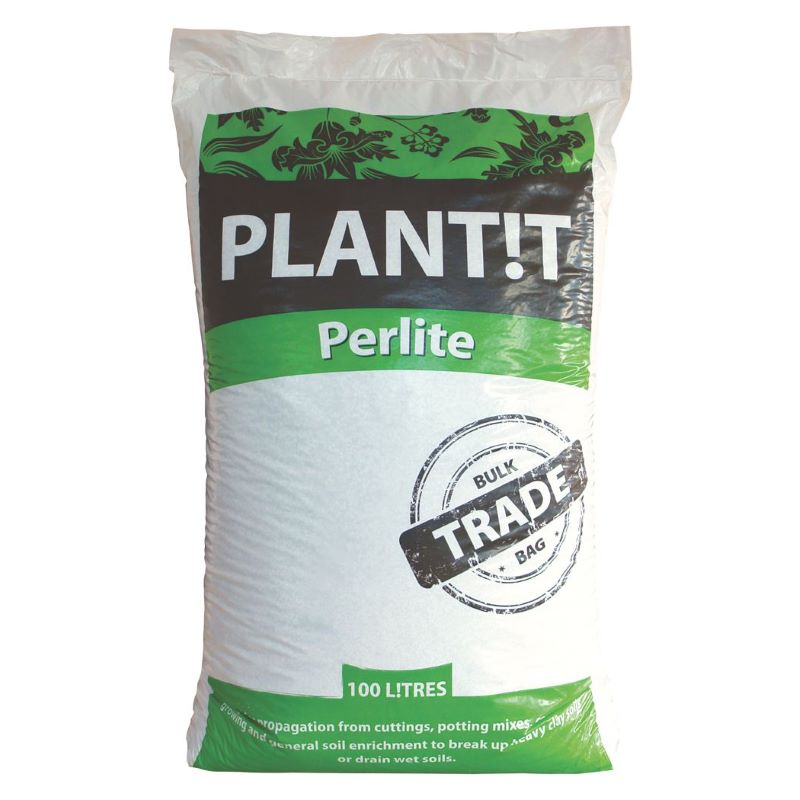
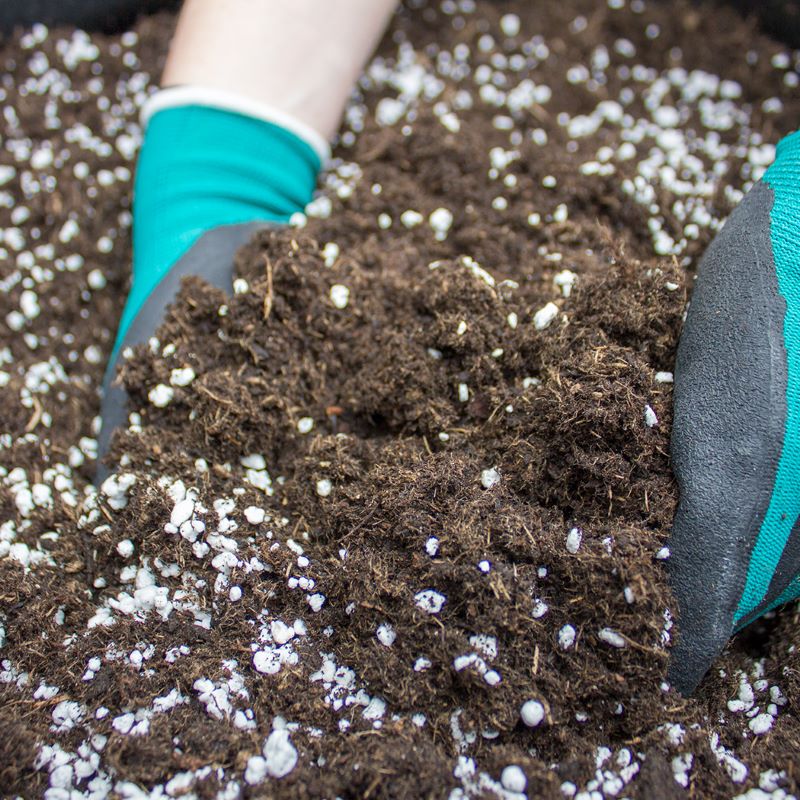
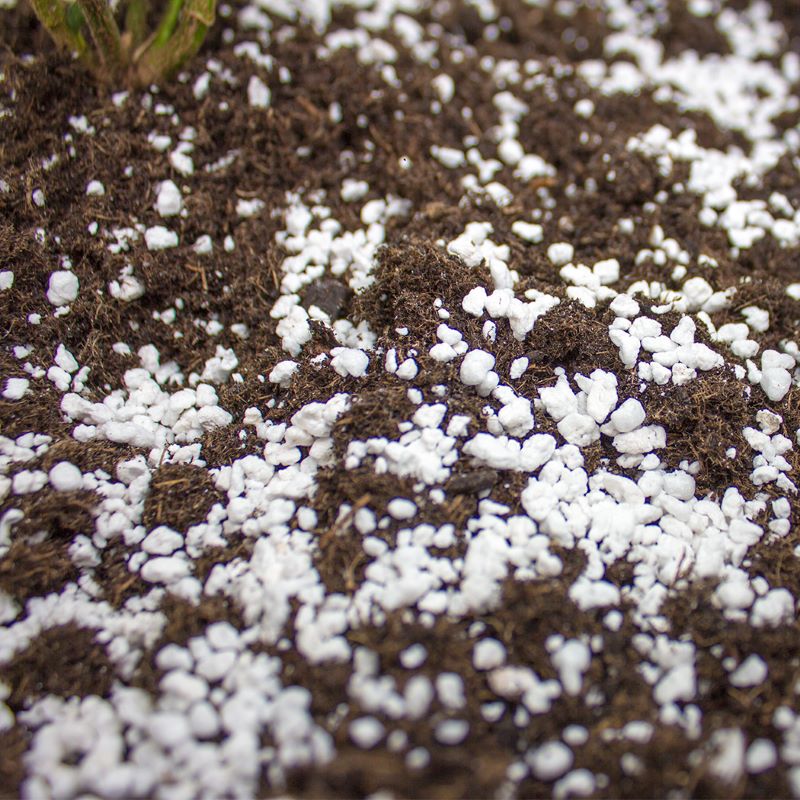
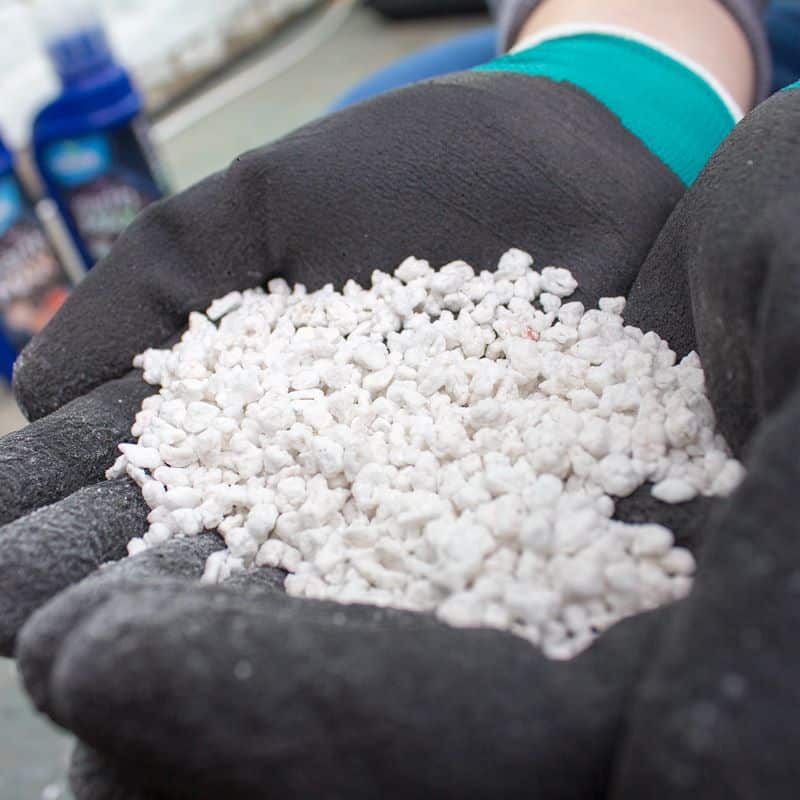
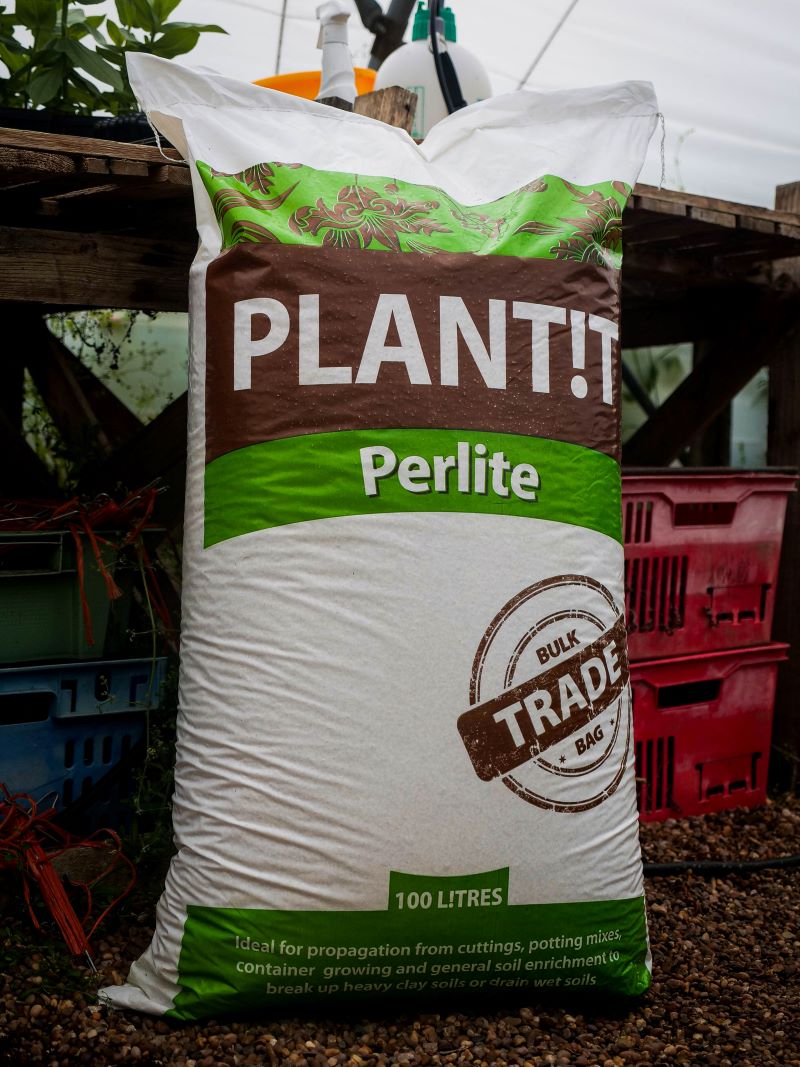
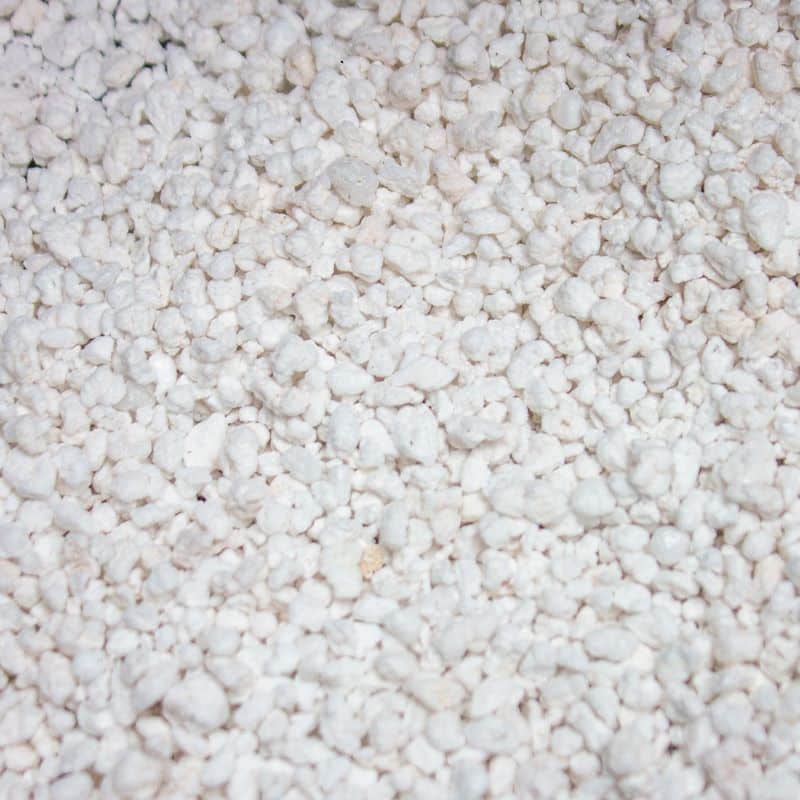
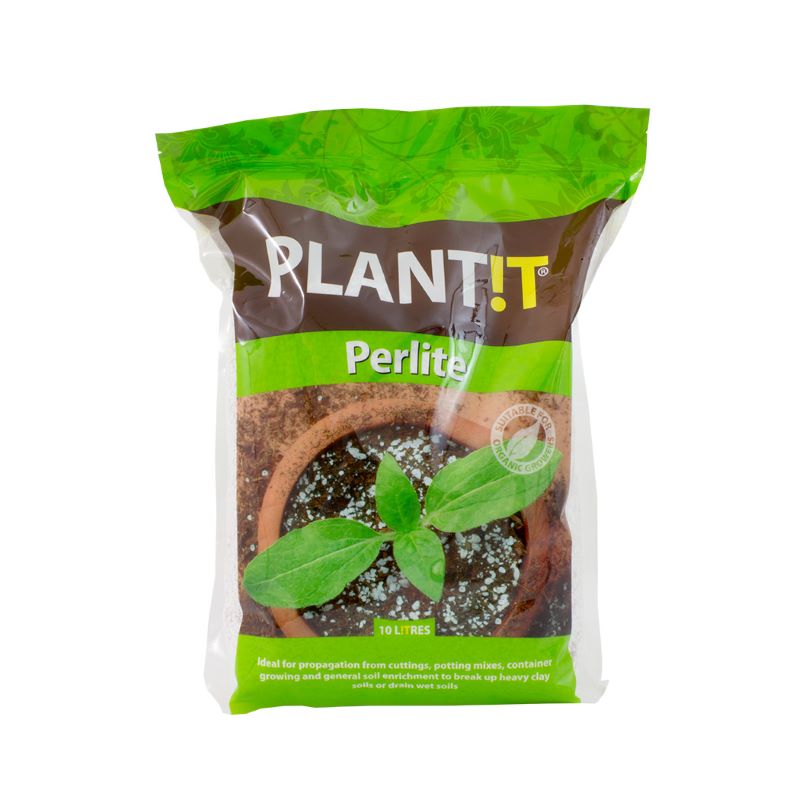
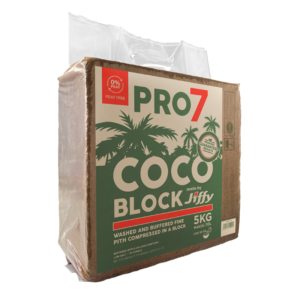
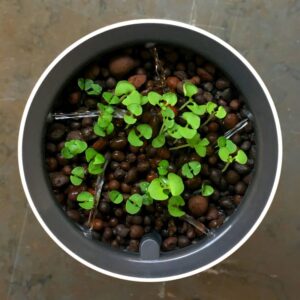
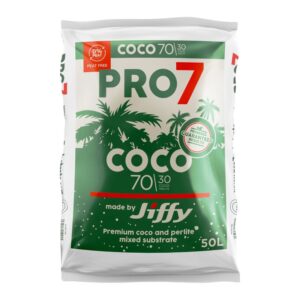

Reviews